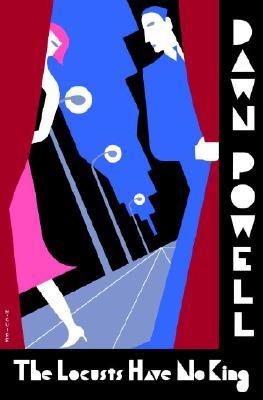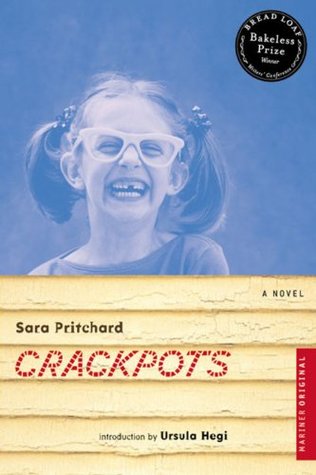THE LOCUSTS HAVE NO KING a novel by Dawn Powell
A New York comedy of manners set in the Forties concerns a married couple comprised of a famous playwright and her husband. This academic labors at his specialty in obscurity. While successful in this discipline, the husband works away in his obscure scholarly endeavors, known by virtually no one, saves for a handful of peers. At the same time, the wife is the toast of Broadway, blessed with hit after hit, loads of favorable reviews, and admiring tidbits in all the newspapers. Fate, or some other cruel force that loves to upset the smug and arrogant expectations, works so that the husband gains incredible notoriety for the research he's been pouring over for years, even breaking through to what was then the mainstream media.At the same time, the wife must deal with a box office bomb and negative reviews, items that have her reputation sliding quickly down the social ladder. Powell is one of the better comic writers we've had --a spikier Edith Wharton, shall we say, a funnier Thomas Hardy (think of Mayor of Casterbridge)--who provides momentum, atmosphere, and rich, crackling dialogue in this many -charactered satire. This would be the sort of novel Tom Wolfe has been trying to write for years. Powell's conference is crisp, curt, and telling in what it reveals about the characters, and the prose has a jazzy feel to it, a lightly worn eloquence that doesn't smother the momentum. Tall buildings, over-decorated apartments, and rattan-tat bustle of agendas being advanced abandoned Big Apple-style brings us a comedy of hubris. This is a city full of schemers and naifs, whose respective social positions are not repaired. Powell understands irony and contrives its use beautifully toward something resembling poetic justice.
More about Wolfe-as-novelist, he lacks the precision of detail, character quirks and reveals himself to be a rather drifting plotter. The arcs of his novels lack the efficient forward movement of Powell, who has the sense along with the Hardy as mentioned above that fate, triggered by seemingly insignificant gestures, remarks, or stray, condemning thoughts, results in reversals of fortunes, either comic or tragic. We are fortunate that Powell opts for the comic. Wolfe piles it on, sentence after sentence, clause after clause, until he suffocates the good ideas he might have hard. Powell keeps us intrigued as to how much deeper the characters in question can deepen the hole they're in. We have here a situation where the fortunes of a famous wife and unknown husband are suddenly and realistically reversed, a turn that reveals the external relations and loyalties tied as they are to one's fortunes. Or lack of them.





